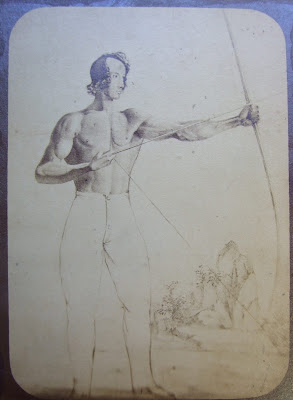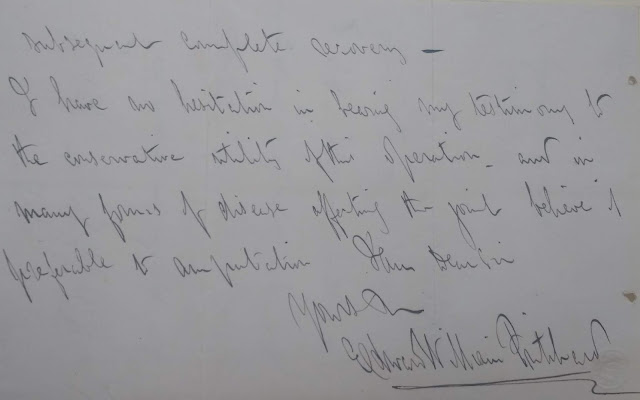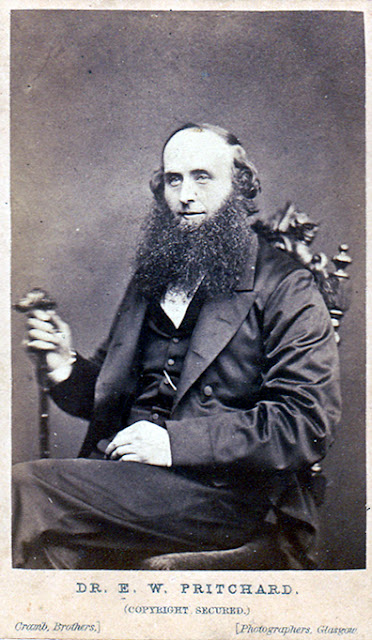Letters from a murderer!
It’s not every day when cataloguing archives that you come across letters written by a notorious murderer, but it has just happened to me. Over the last few weeks I’ve been cataloguing a collection of letters written to Dublin based surgeon Richard Butcher during the 1850s on the operation for excision of the knee joint. Butcher had written to various Irish, English and Scottish surgeons asking them for details of any such operations they had carried out. Three of the letters are written by Edward William Pritchard.
 |
| Surgeon Richard Butcher |
Pritchard was born in Southsea in 1825. He initially worked as an assistant surgeon in the Royal Navy, but by 1854, when he wrote the letters, he was practising surgeon in Hunmanby in Yorkshire. In the three surviving letters Pritchard supports Butcher’s view of the utility of excision of the knee joint, and reports a case where he has practiced it with ‘very little constitutional disturbance to the patient’.
 |
| Letter from Edward William Pritchard to Richard Butcher |
Pritchard left Hunmanby in 1859 and settled in Glasgow, and it was there that things seem to have started to go wrong. On May 5 1863 there was a fire at Pritchard’s house in Glasgow, after which the body of one of the servants, Elizabeth McGrain, was found. The fire started in her room but she seemed to have made no attempt to escape, suggesting that she may have already been unconscious or dead. There was an investigation into the case but no prosecution resulted.
However, just two years later Pritchard’s wife and mother-in-law died within three weeks of each other at the family home. The women had both been treated by Pritchard with help from Dr Paterson. The latter was suspicious of the illness of both women, and refused to sign the death certificates. An anonymous letter alerted the authorities who examined the bodies, which were both found to contain the poison antimony. Pritchard was convicted of the murdered, and was hanged in Glasgow on 28th July 1865, and was the last public hanging in the city.
 |
| Dr Edward William Pritchard |
Pritchard’s infamy was such that nearly 30 years later the case was referred to by Arthur Conan Doyle. In the Adventure of the Speckled Band Sherlock Homes comments to Dr Watson that
‘when a doctor does go wrong he is the first of criminals. He has nerve and he has knowledge. Palmer and Pritchard were among the heads of their profession.’